Benefits
As a responsible member of the maritime industry, we invest significant resources in R&D and technology to drive energy efficiency and reduce emissions to air. One of our most significant initiatives is to pioneer the use of LPG dual-fuel propulsion engines. The following shows that LPG is a long-term sustainable marine fuel.
A Summary of Benefits
Acting for the Future
- Full compliance with current and future SOx emission requirements, including ECA and CECA areas
- Technology for LPG marine engines is a necessary and complementary step towards zero-carbon propulsion technology
Environmental Excellence
- World’s first LPG dual-fuel engine will reduce emissions of Sulfur Oxides (~97%), Particulate Matter (~90%), Carbon Dioxide (~15%) and Nitrous Oxides (~20%)
- Move maritime industry closer to a cleaner future of zero carbon propulsion
Operational Efficiencies
- Cleaner engines, cheaper maintenance
- Improve output efficiencies by ~11%
- Improve total voyage fuel economics
- Easy storage,faster refueling
- Wide availability of bunker ships and facilities
Economic Efficiencies
- Savings from reduced fuel consumption
- Buffered from fuel price sensitivity with full dual-fuel lexibility
- Seamlessly switch between LPG and compliant fuels
- More efficient engines are cheaper to maintain
Embracing a low-carbon future; advancing technology towards zero-carbon propulsion
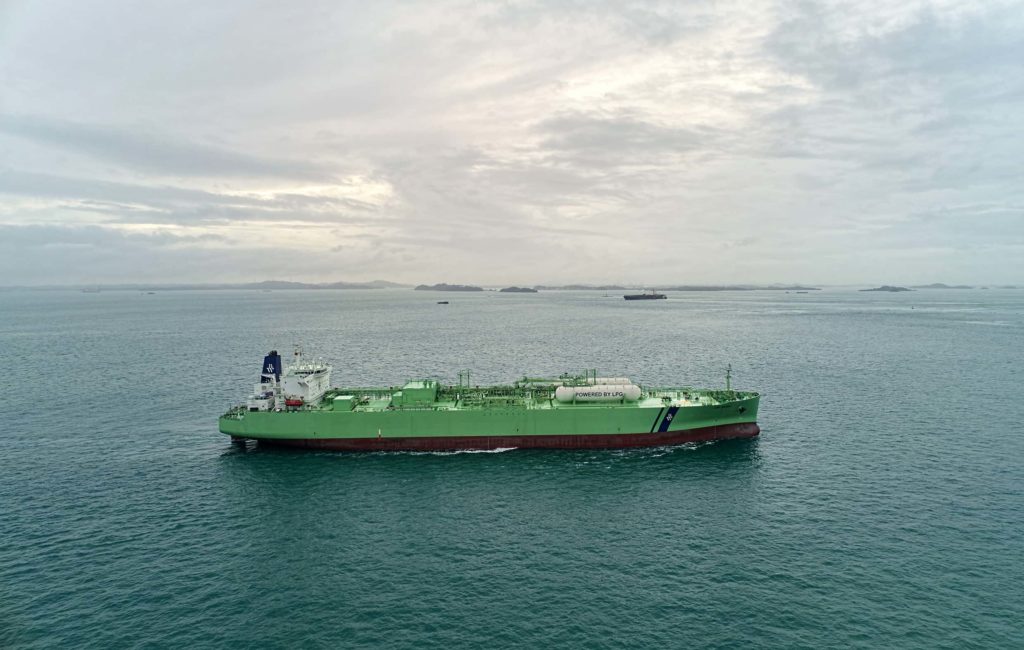
LPG Propulsion Reduces Emissions to Air
With LPG propulsion, BW LPG will reduce its sulphur oxide emissions by up to 97 percent, allowing for full compliance with all current and future sulphur emissions requirements. This means the retrofitted ships, when operating on LPG, will go beyond IMO’s global 0.5% sulphur emissions cap to also be in full compliance with Emission Control Areas (ECA) and Sulphur Emission Control Areas’ (SECA) 0.1% sulphur cap.
In addition, with LPG fuel, BW LPG will reduce emissions of particulate matters by ~90 percent, and carbon dioxide and nitrogen oxides by ~20 percent. Above and beyond compliance, BW LPG is proud to move the maritime industry a step towards a cleaner future.
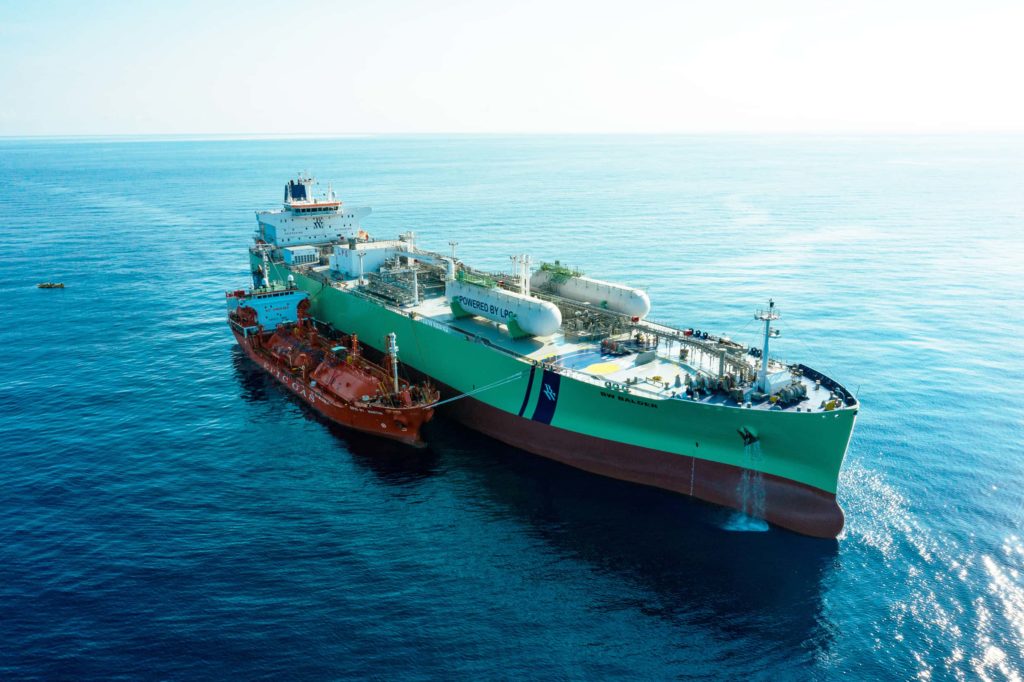
LPG Propulsion Offers Efficiency Gains
LPG as a marine fuel offers efficiency gains on many fronts. Output efficiencies will improve by ~11 percent with LPG when compared with compliant fuels. This means that we capture significant improvements in total voyage fuel economics. Other efficiencies include easy storage, faster refueling and wide availability of bunkering ships and facilities. Bunkering can be done directly at load terminal or via ship-to-ship transfer from smaller LPG carrier. With LPG, we eliminate bunker quality issues and spill risks.
LPG deck tanks above deck are connected to the cargo system, and these tanks can receive condensate from cargo. These tanks can also be used to store additional LPG cargo.
LPG propulsion also means that engines are cleaner, cheaper to maintain and provide higher efficiency. Dual-fuel engines provide fuel flexibility, which means full redundancy to ensure uninterrupted operations.
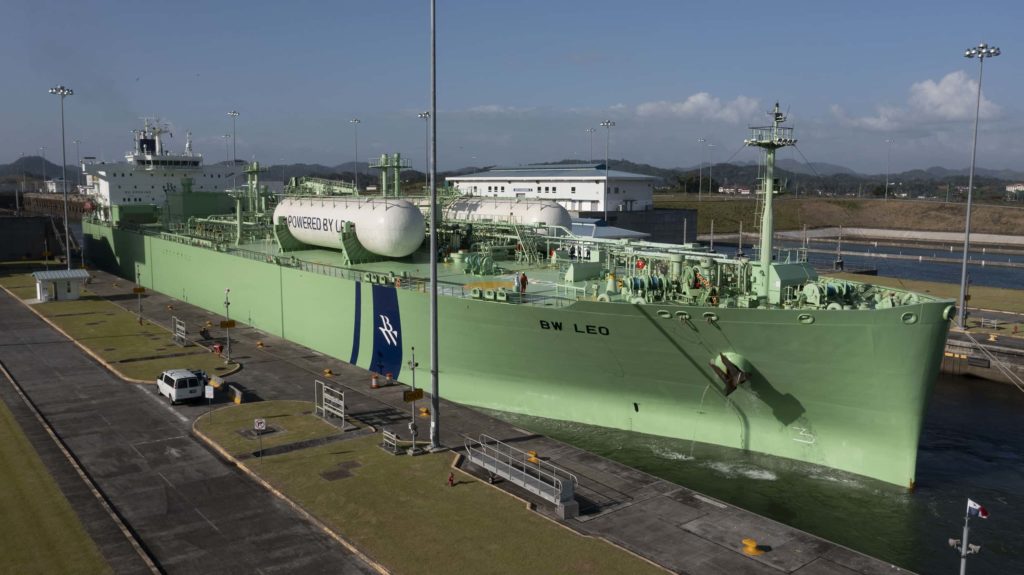
LPG Propulsion is Cost Efficient
LPG as a marine fuel is also future-proof and cost-efficient. In addition to savings from reduced fuel consumption, we are buffered from price sensitivity with full dual fuel flexibility.
Even at today’s pricing, LPG is advantageous vs heavy fuel oil, offering high life-time saving prospects.
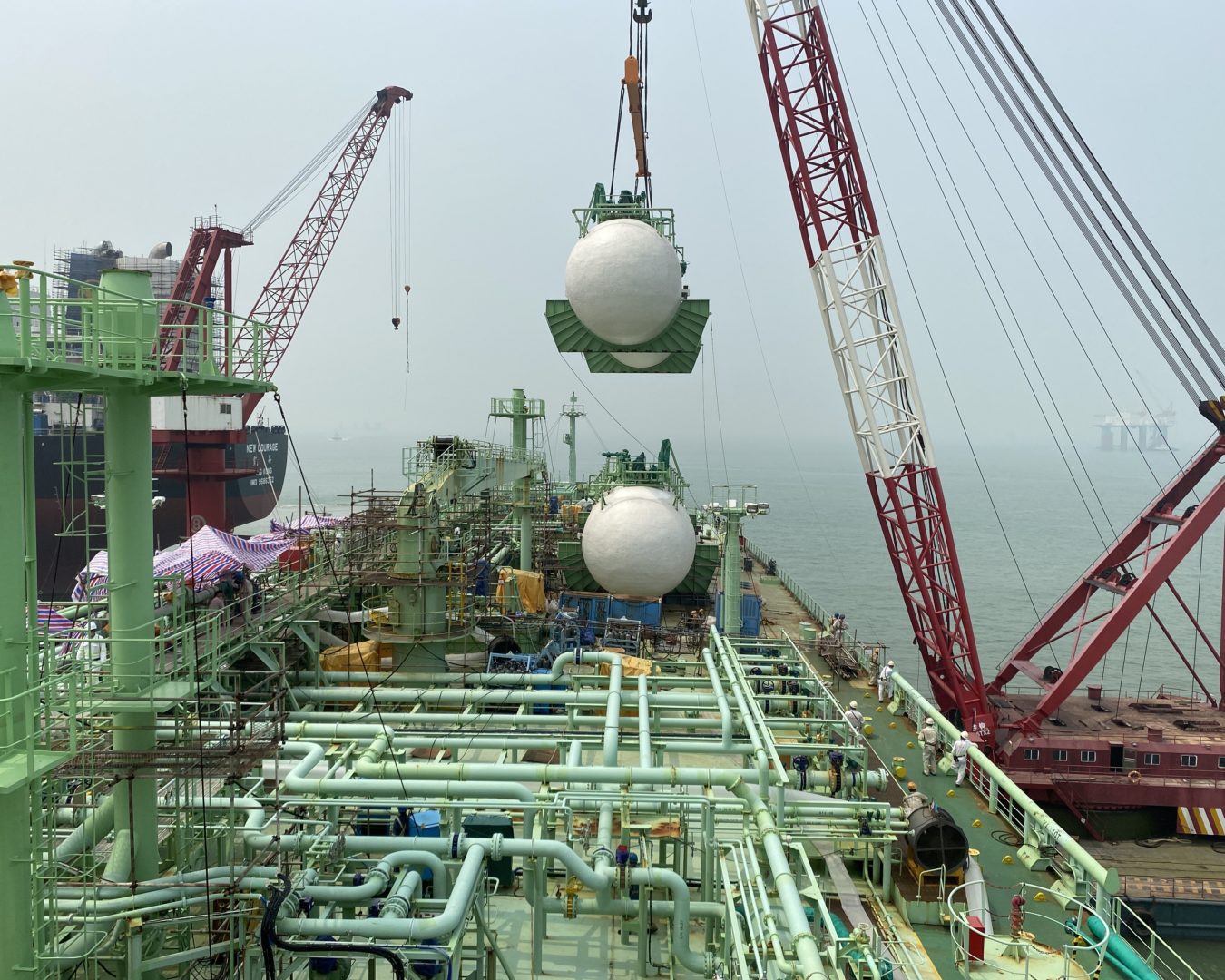
Frequently Asked Questions
We answer all your questions and more, on LPG dual-fuel propulsion engines.
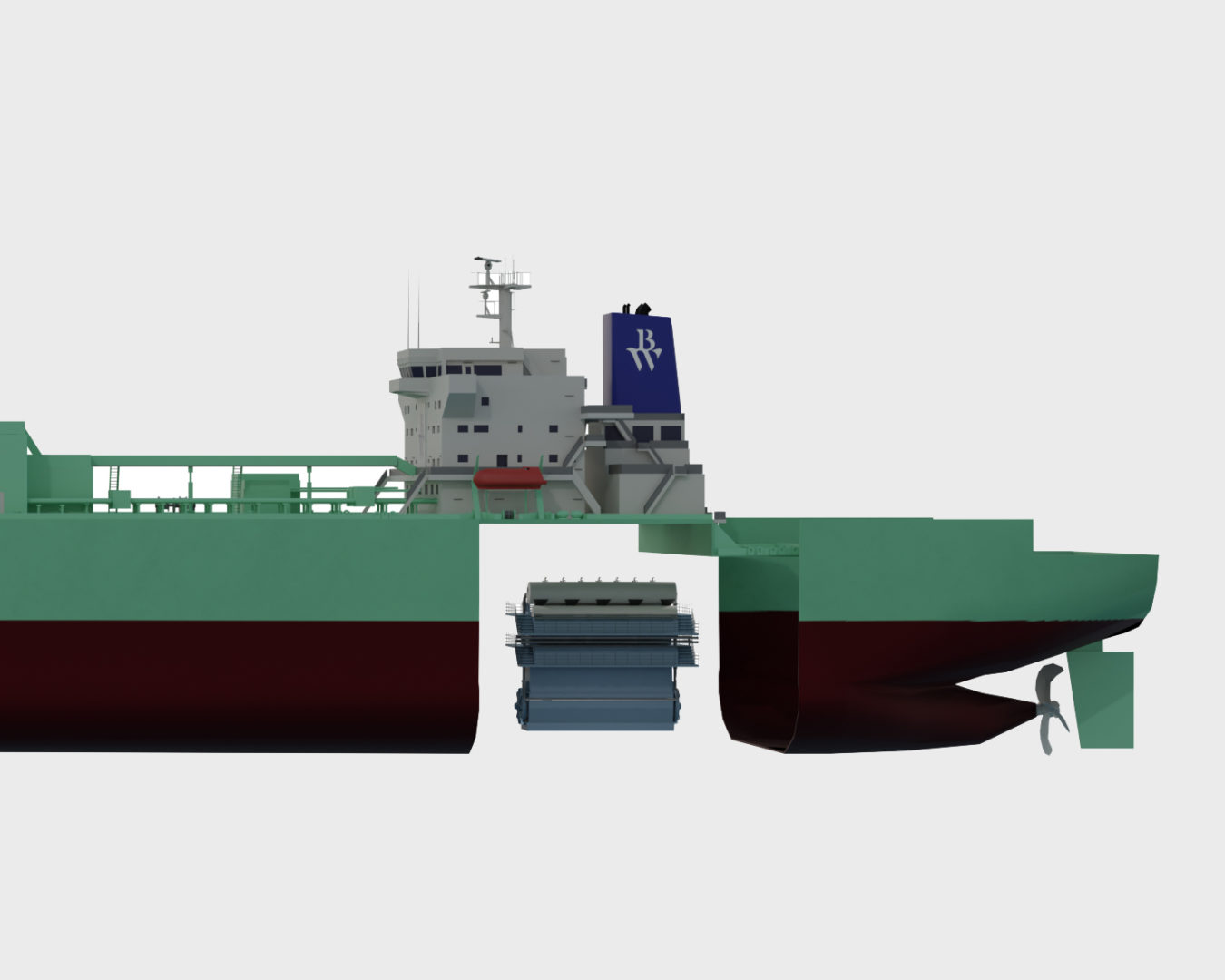
LPG Propulsion Explained
LPG is piped to the engine. Compliant pilot fuel is injected as the piston nears the top. It sparks under pressure, and LPG burns to create propulsive force.
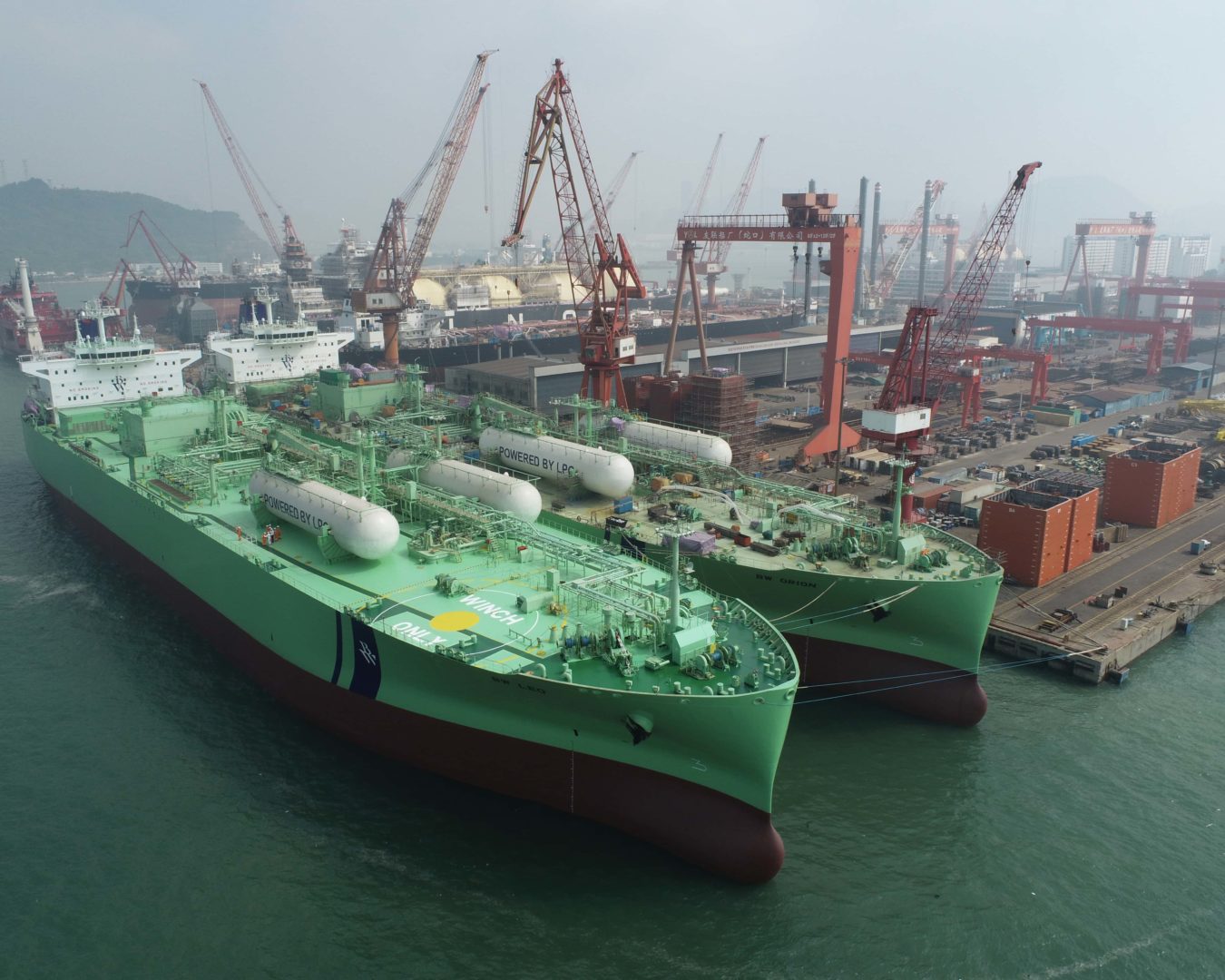
Retrofit vs Newbuild
Retrofitting means reduced emissions, shorter delivery time, and not adding unneeded capacity.

